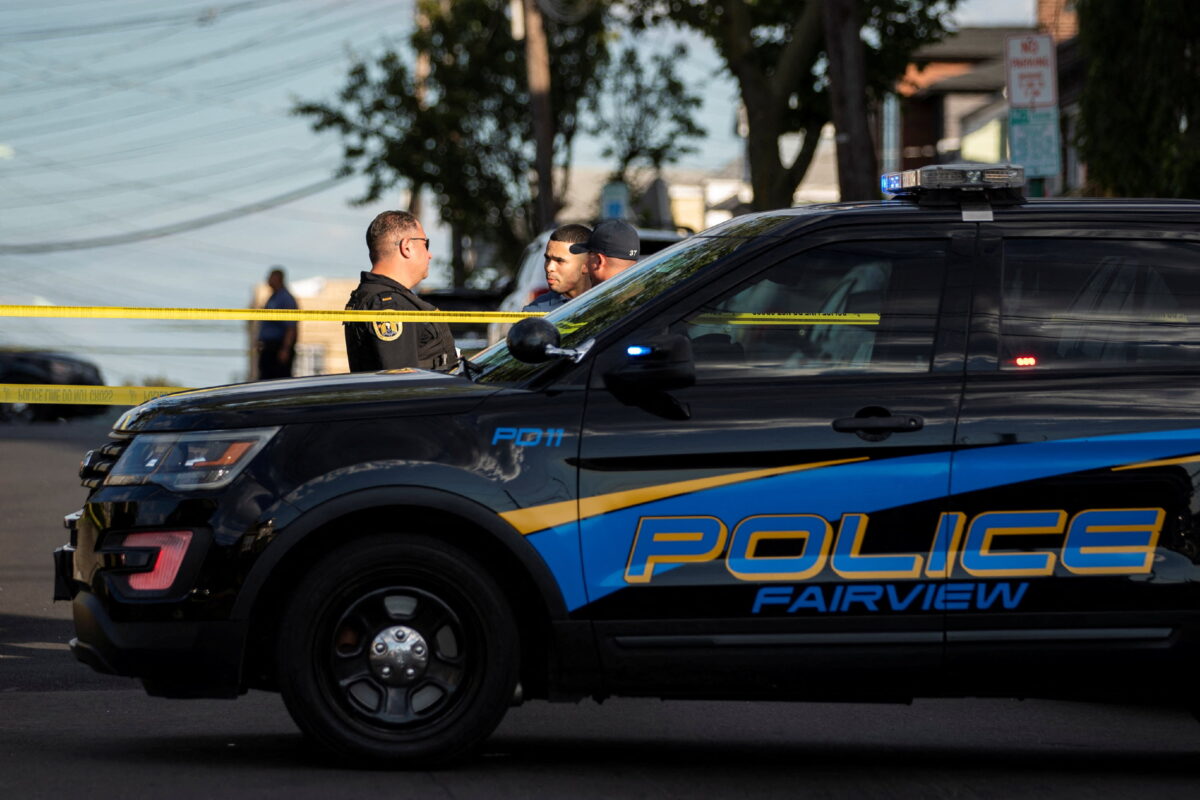comment
Two weeks ago, a man stormed the stage at the Chautauqua Institution and stabbed British author Salman Rushdie in the neck as he was being introduced. The topic discussed was “The United States as a haven for exiled writers and other artists and as a home for freedom of creative expression”. The odds are exceptionally high that this was the work of a jihadist.
The story attracted shamefully fleeting attention. For those too young to remember, The Satanic Verses was released back in September 1988. And because of its allegedly outrageous treatment of the Prophet Mohammed, it has been banned in Rushdie’s native India and dozens of other nations — including virtually all Muslims. majority state in the world. Although Rushdie later became a powerful advocate for free speech, he initially tuned in to his own book and has issued multiple apologies for its content. “I deeply regret the distress this publication has caused to sincere followers of Islam,” he said in a statement, asking his publisher to withhold publication of the paperback edition of the book. For reasons of self-preservation, his position was understandable.
And yet everything was in vain. Iran’s supreme leader, Ayatollah Khomeini, issued a fatwa against Rushdie, claiming that even if the author becomes “the most pious man ever”, it is the duty of every Muslim to “use everything he has” to assassinate the writer.
For the first time in post-war history, terrorism aimed to suppress freedom of expression in the liberal western world. In the United States, two bookstores in Berkeley, California were attacked. The Riverdale Press in New York was set on fire after publishing an editorial defending the right to read the novel and criticizing the bookstores for pulling it off their shelves. Rushdie’s Japanese translator, Hitoshi Igarashi, was fatally stabbed. In Europe, the Italian translator of The Satanic Verses, Ettore Capriolo, was also stabbed at his apartment in Milan, and the Norwegian publisher of Rushdie’s book, William Nygaard, was shot three times, but both survived. In Belgium, an imam and his aide were murdered after expressing moderate positions on the affair. Major booksellers in London were firebombed in April 1989 and there were two other explosions linked to sales of the book and a handful of duds in other bookshops. Rushdie, author of the masterpiece Midnight’s Children, among many other fantastic works, was forced into 24-hour bodyguard protection and was forced to spend the next decade in hiding.
The purpose of the fatwa was not only to punish Rushdie for blasphemy, but also to intimidate others into not daring to get involved. It worked. As I note in detail in my current book, Europe—and to a lesser extent the United States—began to self-censor any subject that might offend Islamic theocrats. Of course, no one should be guaranteed a job or a book, but collapsing under illiberal pressure only encourages more threats and violence, as we saw with Charlie Hebdo and the numerous other attacks that followed. More recently, the left has simply begun to smear anyone who notices the illiberalism of political Islam as Islamophobes. As author Kenan Malik noted, the legacy of the Rushdie fatwa was that Western Europe had “internalized” censorship. “Rushdie’s critics have lost the battle – The Satanic Verses continue to be published,” he wrote. “But they won the war. The argument underlying the anti-Rushdie case – that it is morally unacceptable to offend other cultures – is now widely accepted.” Rushdie has rightly called this capitulation “censorship out of fear”.
We should not forget that this is the work of the theocratic terror state of Iran, even as the Biden administration seeks to strike another sweetheart deal that would ultimately give the mullahs nuclear weapons. Even if this attacker is not jihad, the fact is that the fatwa stands to this day. In 2016, Iran increased it to nearly $4 million. When Iran isn’t destabilizing the Middle East by proxy, or blowing up Jewish centers in Argentina, or intimidating American voters, or planning to kill former American officials, or murder over 600 US soldiers in Iraq, it is funding bounties on innocent writers.
The views expressed in this article are the author’s and do not necessarily reflect the views of The Epoch Times.

